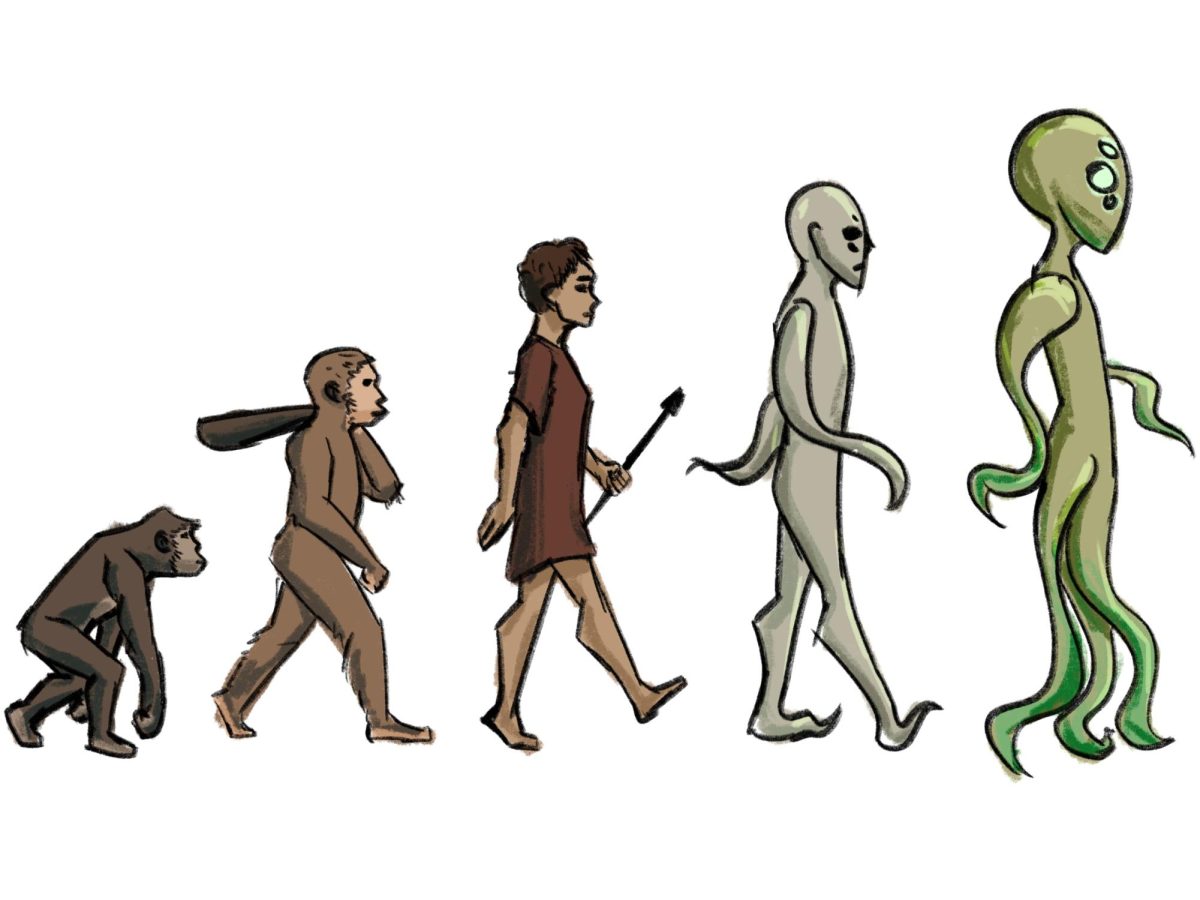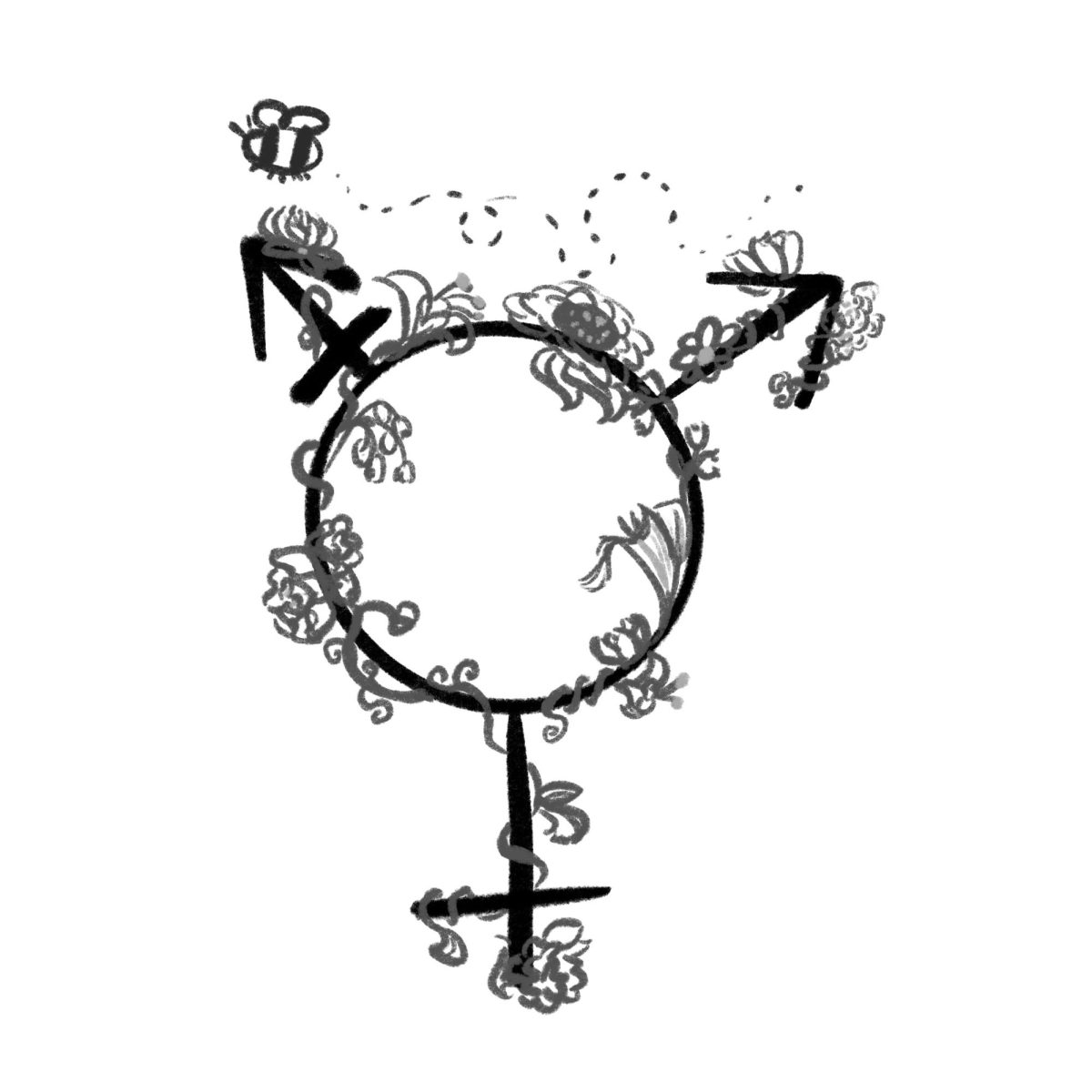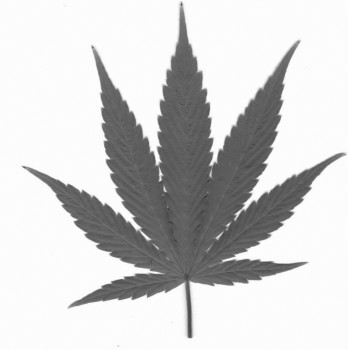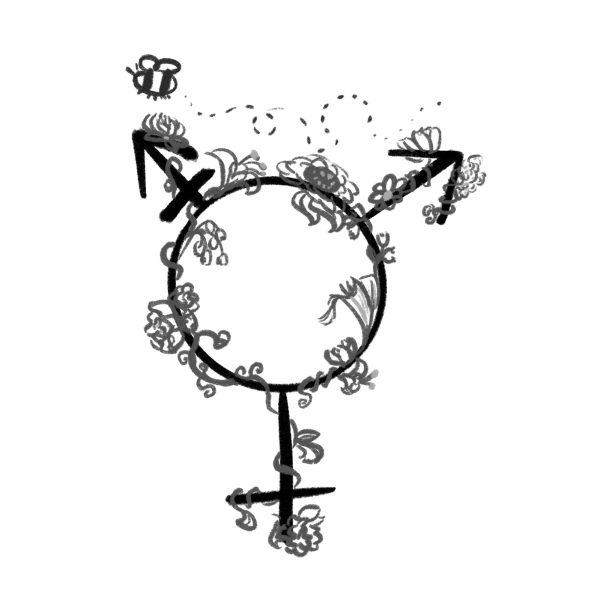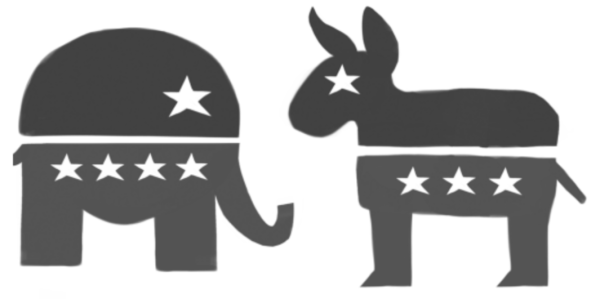Anti-Legalization
On January 1st, the state of Colorado allowed the first regulated retail sales of marijuana in the United States once 55.32% of the electorate voted in favor of amendment 64. Organizations such as the Marijuana Policy Project advocate and support amendment 64, which addresses the personal use and regulation of the drug for adults 21 and over. This makes the use of marijuana similar to that of alcohol in the state of Colorado.
How does this new laissez-faire policy affect our country if at all? Many believe that this amendment will bring positive outcomes, such as a new source of tax revenue for the government, fewer arrests, and less money being spent on trying to prevent what some people believe to be inevitable. Advocates argue that because alcohol is legal, marijuana should be legal as well. Perhaps the effort to prohibit the recreational drug is futile. However, this new policy may also bring negative effects. High doses of marijuana can not only produce temporary psychotic reactions such as hallucinations and forms of paranoia, and also a heart rate increase of 20-100%. In several studies, this has been shown to dramatically increase chances of a heart attack in older users. Depression, anxiety, suicidal thoughts among adolescents, and personality disturbances have been reported additionally. It is also argued that marijuana is a gateway drug, and we definitely don’t want people being led by the hand into hard drug addiction.
I tend to believe that the few positive results marijuana legalization may have are outweighed by the negative. Yes, marijuana can make people happier, but is that really considered a valuable benefit when compared with the risk of a seriously altering the chemicals of your brain? If we start to legalize everything that made people happy, would cocaine legalization be the next thing on Colorado’s ballot? I believe marijuana legalization is where Minnesota needs to draw the line.

